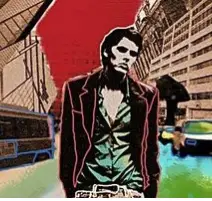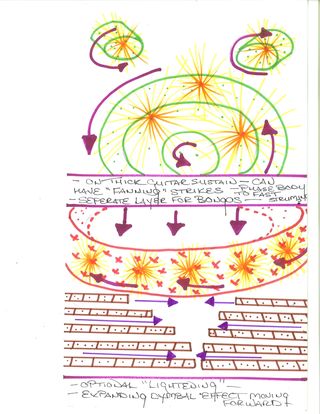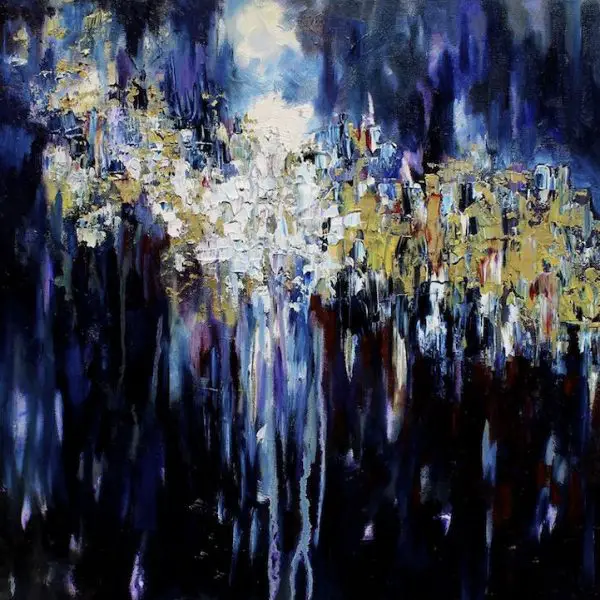
Is the solution to our technological addictions in our brains?
[A guest post by Lonely Vagabond, a hardcore music fan/thinker–he’s been a proponent of a genre/style/attitude he calls No Pop–who enjoys a degree of synesthesia most of us cannot begin to fathom. – AC]
Many people are clearly hooked on their smartphones, laptops, and tablets. By contrast, I’ve never felt the need for a smartphone. I was born with synesthesia, a neurological condition where the senses bleed into each other. That little screen in your pocket probably dominates all others in your life, but instead of checking my phone 100 times a day, I visualize music in my head 100 times a day.
If technology is the new opiate of the masses, it has surpassed our humanity. People have become extensions of what they consume, and if we’re all in agreement that addiction is real, maybe, just maybe, it is also pacifying people. The last music revolution was grunge 30 years ago. So in three decades there hasn’t been any backlash or anger directed towards the mainstream? Things have become so segmented to the point where no one can agree on what to be mad about. This worries me.
The brain’s reward system is a powerful thing. I can’t speak for all synesthetes, but I’m proof that the dopamine fix you get from synesthesia (a rare combination of 2 types in my case) is much more powerful than the dopamine fix you get from a smartphone.
In theory, if people experienced what I experience, for example if it were projected on a mass scale, their senses would so heightened where whatever feel-good fix they previously had with a small screen would seemingly be minimal. Perhaps this is the key. A hologram tour of Roy Orbison and Dio might not go over well, yet projecting 3D holographic patterns throughout every square foot of space to the Beatles, Led Zeppelin, and Nirvana could fill seats.
If history teaches us that emerging technology leads to an explosion of art, maybe one day it can be demonstrated at The Horseshoe, Mod Club and Yonge and Dundas Square. Toronto as the next Seattle. I wonder what the music industry would think of that. Unfortunately holographic technology is nowhere near what my synesthesia allows me to visualize. But don’t confuse “never” with “not yet”
Everybody wants to make a difference but no one is willing to be different. I may be jumping ahead of myself, but it’s always important to push beyond boundaries. Music needs to be shocked out of its complacency and by expanding on holographic technology—not as legendary singers but as moving 3-dimensional patterns and images—could help achieve that. An evolution of music and art that’s revisionary, subversive, breathtaking, but first and foremost challenges the status quo. Dear music revolution, I have not accepted your resignation. Maybe it’s about time to take back music, blow the doors off people, and really shake things up.



